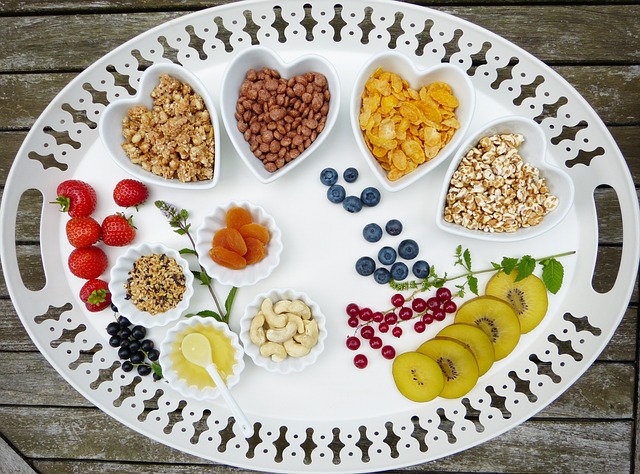Probiotics 101: Everything You Need to Know About Gut-Brain Connection
The gut-brain connection is a fascinating area of research that has gained significant attention in recent years. Scientists have discovered that our gut health plays a crucial role in not only our physical well-being but also our mental health. This blog will delve into the world of probiotics and how they can positively impact the gut-brain connection.
What are Probiotics?
Probiotics are live bacteria and yeasts that are beneficial for our health, particularly for our digestive system. These microorganisms are naturally present in our gut and help maintain a balance between “good” and “bad” bacteria. The most common types of probiotics include Lactobacillus and Bifidobacterium.
The Gut-Brain Axis
The gut-brain axis refers to the bidirectional communication between our gut and our brain. The gut contains its own complex nervous system known as the enteric nervous system, which communicates with the central nervous system through various pathways.
Recent studies have shown that the gut-brain axis plays a vital role in regulating mood, cognitive function, behavior, and emotions. Disruptions in this communication can contribute to the development of mental health disorders such as depression, anxiety, and even neurodegenerative diseases.
The Impact of Probiotics on the Gut-Brain Connection
Probiotics have been found to have a positive impact on the gut-brain connection. Here’s how:
- Healthy Gut, Healthy Brain: By promoting the growth of beneficial bacteria in the gut, probiotics help maintain a healthy gut microbiome. A balanced microbiome has been linked to improved mood and cognitive function.
- Reducing Inflammation: Probiotics have anti-inflammatory properties, which can help reduce inflammation in the gut. Chronic inflammation is associated with various mental health disorders.
- Increasing Serotonin Production: Serotonin, often referred to as the “happy hormone,” is a neurotransmitter that plays a crucial role in regulating mood. The majority of serotonin is produced in the gut, and probiotics have been shown to increase its production.
- Modulating Stress Response: Probiotics can influence the body’s stress response by altering the production of stress hormones. This can help reduce anxiety and improve overall mental well-being.
Sources of Probiotics
To reap the benefits of probiotics, it’s essential to incorporate them into your diet. Here are some excellent sources of probiotics:
- Yogurt: Look for yogurts that contain live and active cultures, such as Lactobacillus acidophilus and Bifidobacterium.
- Kefir: This fermented milk drink is packed with various strains of beneficial bacteria.
- Sauerkraut: Made from fermented cabbage, sauerkraut is rich in probiotics.
- Kombucha: A fermented tea beverage that contains a colony of bacteria and yeast.
- Kimchi: A traditional Korean side dish made from fermented vegetables, including cabbage and radishes.
Probiotics Supplements
If you find it challenging to incorporate probiotic-rich foods into your diet, supplements are an alternative option. When choosing a probiotic supplement, look for one that contains a variety of strains and has a high number of live bacteria.
It’s important to consult with a healthcare professional before starting any new supplement regimen to determine the right dosage and ensure it won’t interfere with any existing medical conditions or medications.
Conclusion
The gut-brain connection is a fascinating field of study, and probiotics have emerged as a potential way to positively influence this connection. By promoting a healthy gut microbiome and reducing inflammation, probiotics may contribute to improved mental health and overall well-being. Remember to incorporate probiotic-rich foods into your diet or consider supplements after consulting with a healthcare professional. Take care of your gut, and your brain will thank you!







